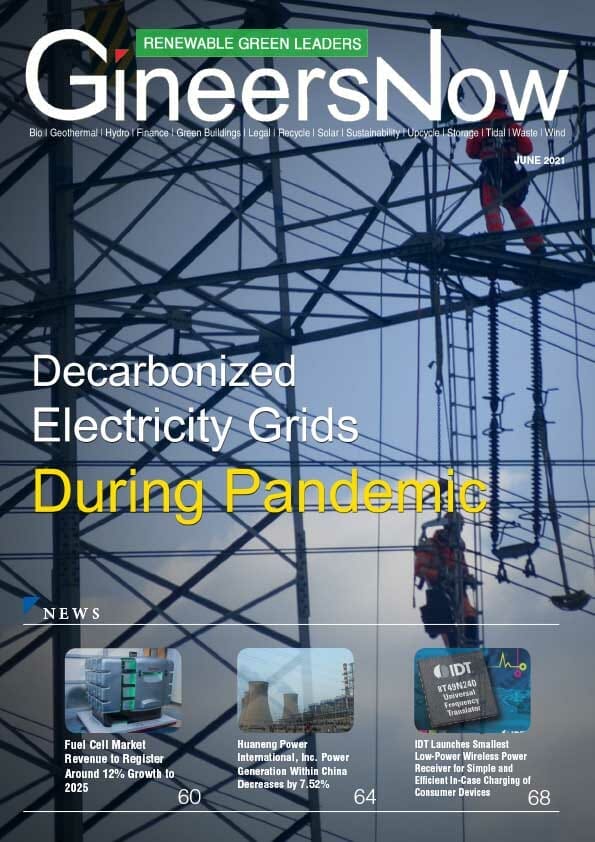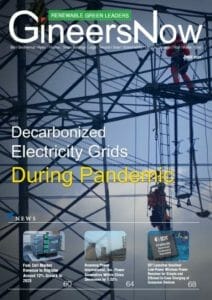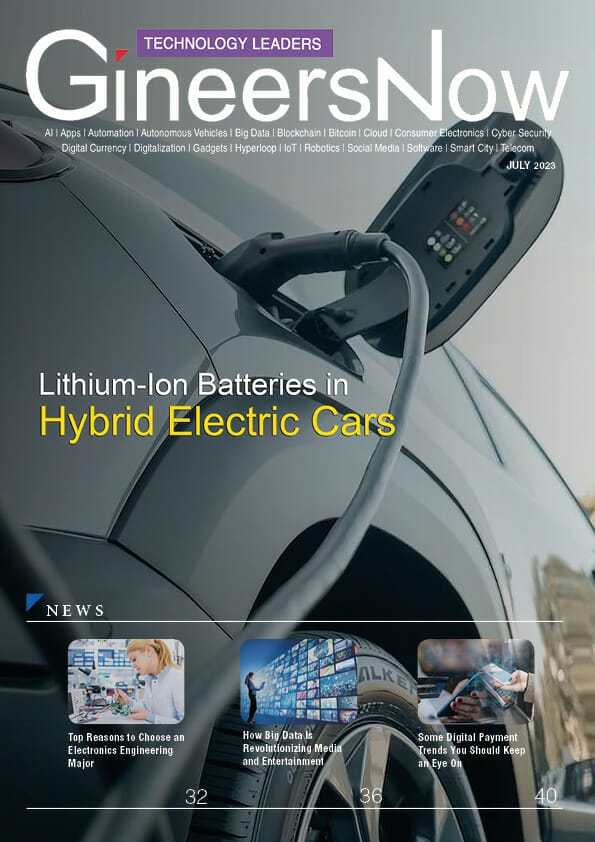Decarbonized Electricity Grids During Pandemic
COVID-19 lockdowns in early 2020 resulted in a global reduction in energy demand. However, while many countries across the globe did experience a drop in energy demand, Great Britain had a record-setting period. On Sunday, June 28, 2020, the United Kingdom experienced the lowest national demand ever reported, 13.4GW (in comparison, 18GW was the lowest demand in 2019).
Again, on May 24, 2020, the transmission network recorded the lowest carbon intensity ever, with just 46gCO2/kWh produced. Great Britain also had the longest coal-free time since the industrial revolution with a whopping 68 days from April to June 2020.
During the lockdown, the key sources of generation were renewables and nuclear reactors. This was attributed to a decline in production, which resulted in a decline in wholesale energy rates. But this generation combination briefly jeopardized the grid’s reliability.

To gain more flexibility, Great Britain’s electricity grids system operator, the National Grid ESO, implemented a series of “stability actions.” The most of these is to switch on a range of gas plants, which improves the grid’s flexibility. As a result, National Grid had to reset generation dispatch to ensure more flexibility: in other terms, gas plants get paid not because they could generate electricity but merely to ensure that Great Britain could still sustain the equilibrium between demand and generation on a second-by-second basis.
The COVID-19 pandemic showed a strong paradigm shift in electricity grids as future energy system powered by renewables would have very rapid dynamics in contrast to grids dominated by huge thermal generators. This is both challenging and opportunistic since developments can occur at a much rapid rate, but we will also be able to react to them much faster. These perspectives into a world with decarbonized grids illustrate the problems we face, as well as possible solutions we can take.
Click below to read the magazine
Click here to download the magazine

















